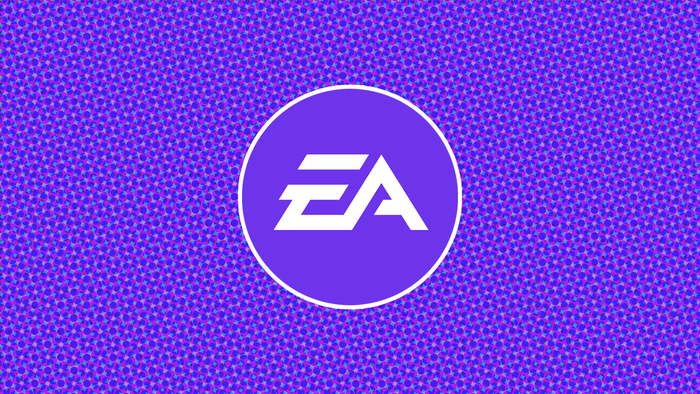
Featured Blog | This community-written post highlights the best of what the game industry has to offer. Read more like it on the Game Developer Blogs.
Are feature phone games doomed?
Analyzing the trends of feature phone games, vs smartphone games

Feature phone games are probably one of the most underdeveloped segments of the mobile games market. They utilize outdated technology, are hard to develop for, and distribution is controlled mostly by carriers and VAS companies.
What's a feature phone? Let's ask Google
It's an interesting definition because it sets the stage for a zero sum situation. From a technical view, for feature phones to thrive, smartphones must go away (and vice versa). Is this the case?
Before that, let's not ignore the fact, that feature phone games are fun! If you've played the Java versions Prince of Persia and Need for Speed pre-2007, you'll understand exactly why.
Developers of feature phone games are really good at maneuvering around constraints. Image an Motorola RAZR, or a Nokia N70 that has
less than 200 Mhz clock speed (yes, Megahertz)
less than 100 Mb of RAM
a game resolution of around 300x200 pixels
running a cool third person perspective car chase. That's a lot of optimization chops. Kudos to the developers!
Unfortunately, most of the world has moved on to nicer things. Apple introduced the iPhone in 2007, Android became open source, and now the mobile world runs predominantly iOS or Android.
I tried looking into the phenomenon, to understand how the landscape of feature phones will change, with respect to smartphones.
Here's a quick chart pulled from Quartz.
Based on this forecast, analysts think both phones will continue to co-exist for a long time. Feature phone sales will decrease, and smartphone sales will increase. Why?
A) Consumers are looking for better experiences. The smartphone is the only mobile device able to consistently deliver on this need.
B) The number of developers working on feature phone games are decreasing. They're moving on to smartphone or console games, where it's a more open ecosystem with greener pastures.
C) There's just not enough innovation going on in feature phones. Good quality services and content is consistently being delivered via a high bandwidth pipeline, which feature phones cannot support. A feature phone can do WAP, but smartphones can have 3G, 4G and very soon, 5G connectivity.
D) Providers are decreasing the cost to acquire smartphones. Ericsson's CEO Hans Vestberg said in a Recode interview (paraphrased), 'for every 10 US dollars discounted off a smartphone, we're enabling 100 million people to buy these phones". Expect costs to decrease from carriers, handset makers and everyone in the value chain.
E) Because smartphones are inherently more advanced, users tend to do a lot more, which leads to higher engagement and monetization via services delivered such as news and entertainment. Creators, aggregators and advertisers love this aspect.
How does one react to this trend? For incumbent feature phone game developers, does it make sense to continue developing Java / Symbian games, there's much less user activity? Is it time to explore different avenues?
For publishers, VAS and carriers, does it make sense to continue investing in sourcing feature phone content, and building feature phone services? Should they start looking into alternative solutions such as HTML5 content, cross-platform SMS game portals, or white labelled game portals?
This calls for more research. Since we're living in a more connected world, services delivered over the airwaves will matter a lot to mobile phone users. Ericsson's 2015 Mobility Report shows that feature phones have a tough time ahead. 2G/GMS/WAP/EDGE based services is expected to suffer from a negative 15% growth rate (year over year).
Feature phones are not doomed. If we look at the absolute numbers, there will be 1.4 billion non-3G subscriptions by 2020. A large percentage of it will come from feature phones. They will continue to co-exist, but with lower penetration.
I think it's safe to say that unless one's business is in emerging markets (where feature phones still have a healthy slice of the cake), one should look into the smartphone as primary driver of growth.
Sources
Read more about:
Featured BlogsAbout the Author(s)
You May Also Like













